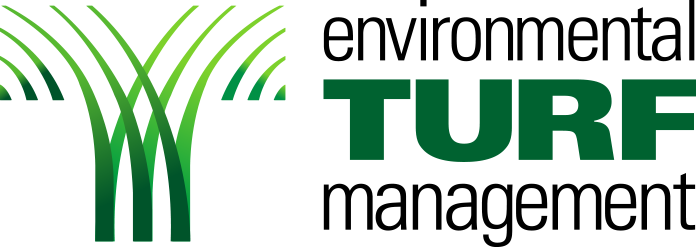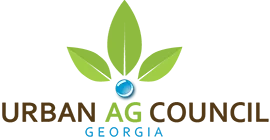Keep These Georgia Lawn Killers from Destroying Your Turf

Maintaining a beautiful lawn in Georgia can be challenging due to various pests and diseases. Knowing what to look out for and how to handle these threats can keep your lawn healthy and green.
Common Lawn Pests in Georgia
Several pests and diseases are common in Georgia lawns. Here are the most notorious ones:
- Grubs: These beetle larvae feed on grass roots, causing brown patches and weakening your lawn.
- Armyworms: These caterpillars can defoliate your lawn rapidly, leading to extensive damage.
- Brown Patch: A fungal disease that creates large, brown patches in your lawn, especially in hot and humid weather.
Signs of Infestation
Recognizing the signs of pests and diseases early can help you take action before extensive damage occurs.
- Irregular Brown Patches: These can be a sign of grub or brown patch infestation.
- Chewed Grass Blades: Indicate the presence of armyworms or other caterpillars.
- Slimy, Moldy Spots: Often a sign of fungal infections like brown patch or dollar spot.
Preventative Measures
Preventing these lawn killers is easier and more effective than dealing with an infestation.
- Regular Inspections: Check your lawn regularly for signs of pests or disease.
- Proper Watering: Avoid overwatering, as excessive moisture can encourage fungal growth.
- Good Air Circulation: Mow your lawn regularly and avoid letting grass get too tall. Thatch buildup can harbor pests and diseases.
Treatment Options
If you do find signs of pests or disease, here’s how to treat them:
- Insecticides: Use appropriate insecticides to target specific pests like grubs or armyworms. Follow the manufacturer’s instructions carefully.
- Fungicides: Apply fungicides to control fungal diseases. Ensure you choose the right product for the specific disease affecting your lawn.
- Natural Methods: Consider using beneficial nematodes to control grubs or neem oil for a more organic approach.
Long-Term Lawn Health
Maintaining overall lawn health can prevent many issues.
- Fertilization: Regular fertilization provides your lawn with the nutrients it needs to resist pests and diseases.
- Aeration: Aerate your lawn annually to improve soil health and root growth.
- Proper Mowing: Keep your mower blades sharp and mow at the correct height for your grass type.
By being vigilant and proactive, you can keep your Georgia lawn free from common pests and diseases. Regular maintenance and quick action at the first signs of trouble will ensure your lawn remains lush and beautiful all summer long. If you see any of the above issues, contact the Loganville lawn care experts at for more information and a free quote.



